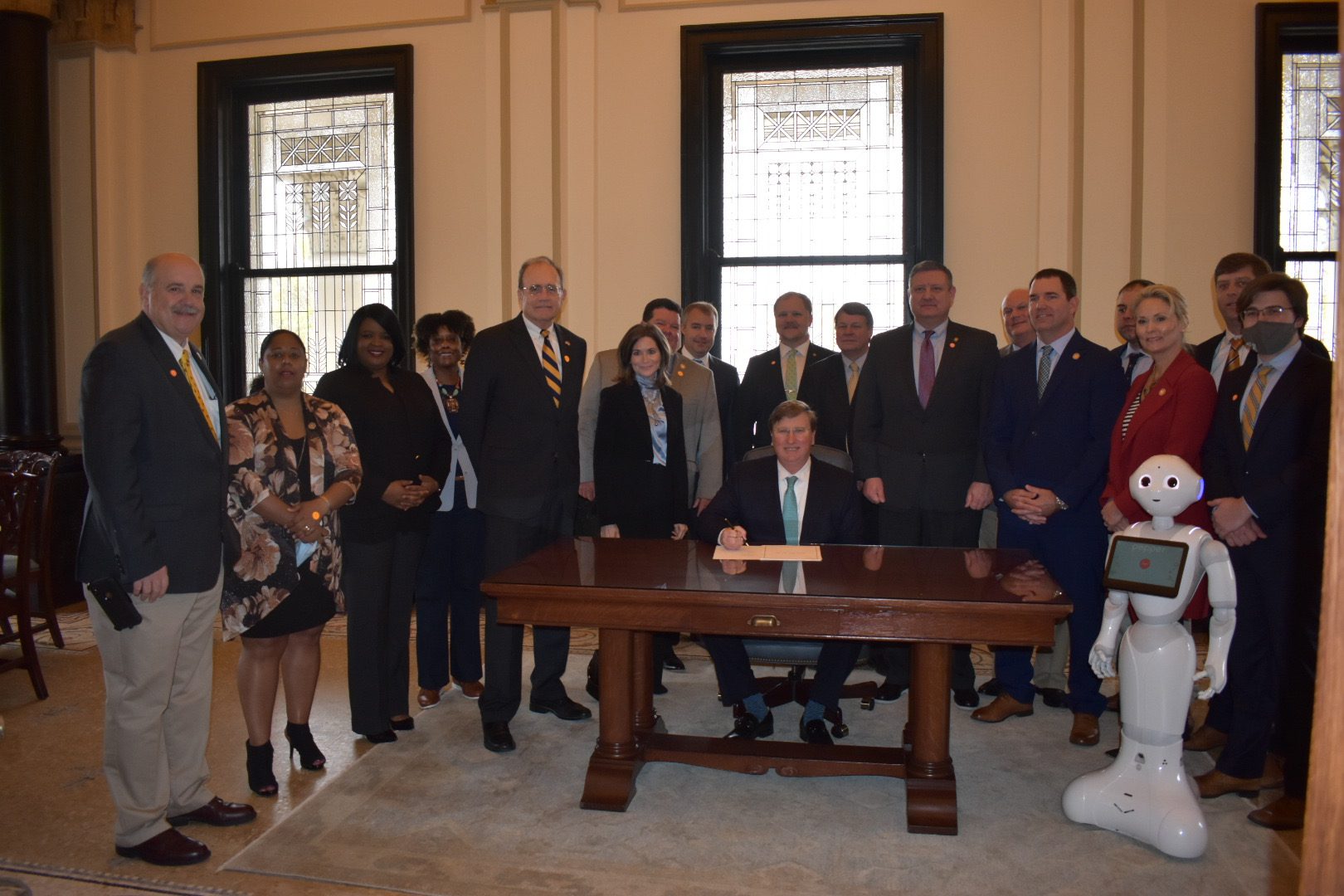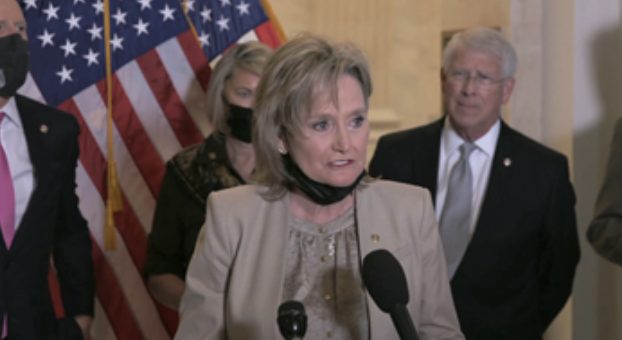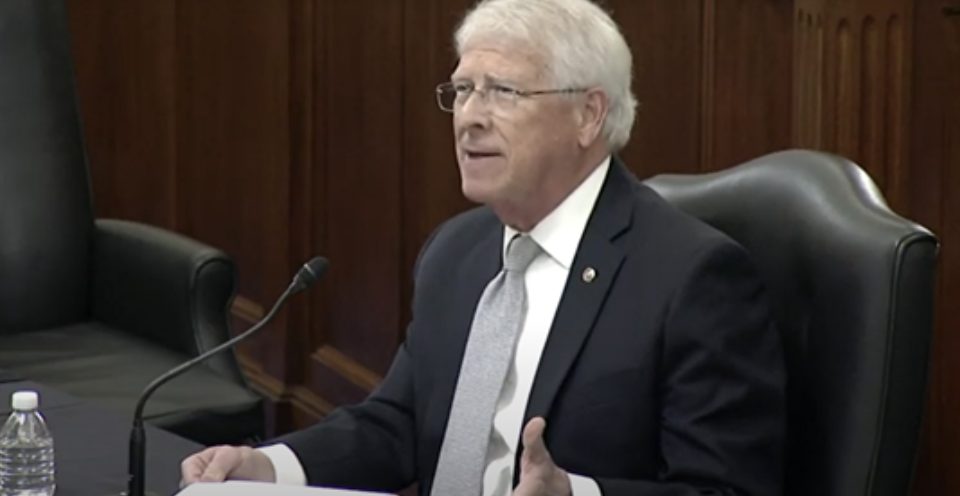
Governor Tate Reeves has signed a bill passed by the Legislature that would require access to advanced computer science classes in all Mississippi K-12 schools.
HB 633 requires that the classes be phased in starting during the 2022-2023 school year. The program is to be fully implemented within two years. This bill does not require that students take these courses; it only mandates that schools train teachers to offer them.
“Integrating computer science into our curriculum is key to preparing our students for today’s workforce,” said Lt. Governor Delbert Hosemann. “Governor Tate Reeves signed a bill this morning giving every child the opportunity to take computer science courses throughout their K-12 career.”
Governor Reeves likes the progress being made on computer science education and the prospect for the state’s future workforce.
“We’ve made great progress in educating and informing the public on the importance of getting more rigorous computer science education in all of our schools so that students have the knowledge, skills and abilities to compete for the best jobs in the new 21st century digital economy,” said Governor Tate Reeves.
The bill also outlines scholarships for teachers who will be trained in the programs. The Legislature estimated that the program would require a $2 million investment. C Spire committed $1 million in order to help provide the training teachers need to teach the curriculum.
“Getting computer science in all Mississippi classrooms represents a tremendous opportunity to give our young people exposure to the fundamentals necessary for their future success in the workforce,” said C Spire CEO Hu Meena, an advocate who noted that computer science teaches critical thinking, computational and problem-solving skills that benefit all students and future employers.
This is not the first time C Spire got involved with efforts to promote computer science in schools. In 2015 they began coding challenges, coding academics, pilot accelerated degree programs and other promotion to encourage students to pursue a career in computer sciences.
The Senate offered a nearly identical bill in SB 2678. The bill was authored by Senator Scott DeLano, who was pleased that at least one version was passed by members.
“This Computer Science bill provides scholarships for existing teachers to receive endorsements necessary to teach computer science courses. It also provides an aggressive timeline for every single middle school and high school in the state to provide fundamental and advanced computer science courses,” said DeLano. “These combined efforts will ensure that every student in our public schools, regardless of where they live, will be able to take computer science courses.”
“Ultimately, we want every student to have the same opportunities to pursue computer science regardless of where they live or what school they attend,” said Speaker of the House Philip Gunn.
In a release Wednesday, the Mississippi Department of Education announced that more than 2,700 Mississippi educators have registered for the Mississippi Connects Virtual Summit on digital learning this week, which is centered around the purposeful integration of technology.
The Mississippi Legislature allocated $200 million for Mississippi Connects through two laws, the Equity in Distance Learning Act (SB 3044) and theMississippi Pandemic Response Broadband Availability Act (HB 1788). Last fall, the MDE facilitated the purchase of more than 390,000 computer devices for Mississippi students and teachers.
“Mississippi students have made tremendous gains in recent years. We want to ensure they have the tools and resources to continue to build upon their academic successes and are equipped to excel in a digitally advanced workforce,” said Dr. Carey Wright, state superintendent of education. “We have moved into the next phase of Mississippi Connects, which is focused on building the capacity of educators to deliver high-quality digital instruction.”
Along with the Mississippi Connects Virtual Summit and other professional development opportunities, the MDE is hiring a team of digital learning instructional coaches to help teachers, schools and districts effectively use educational technology and improve student outcomes statewide.
One change was made to the computer science bill in the Legislature. An amendment was offered by Senator Chad McMahan to include curriculum to be taught in schools pertaining to the practice of abstinence. The amendment was added to Section 8 of the bill and would require each district to encourage abstinence-only or abstinence-plus sex related education.











